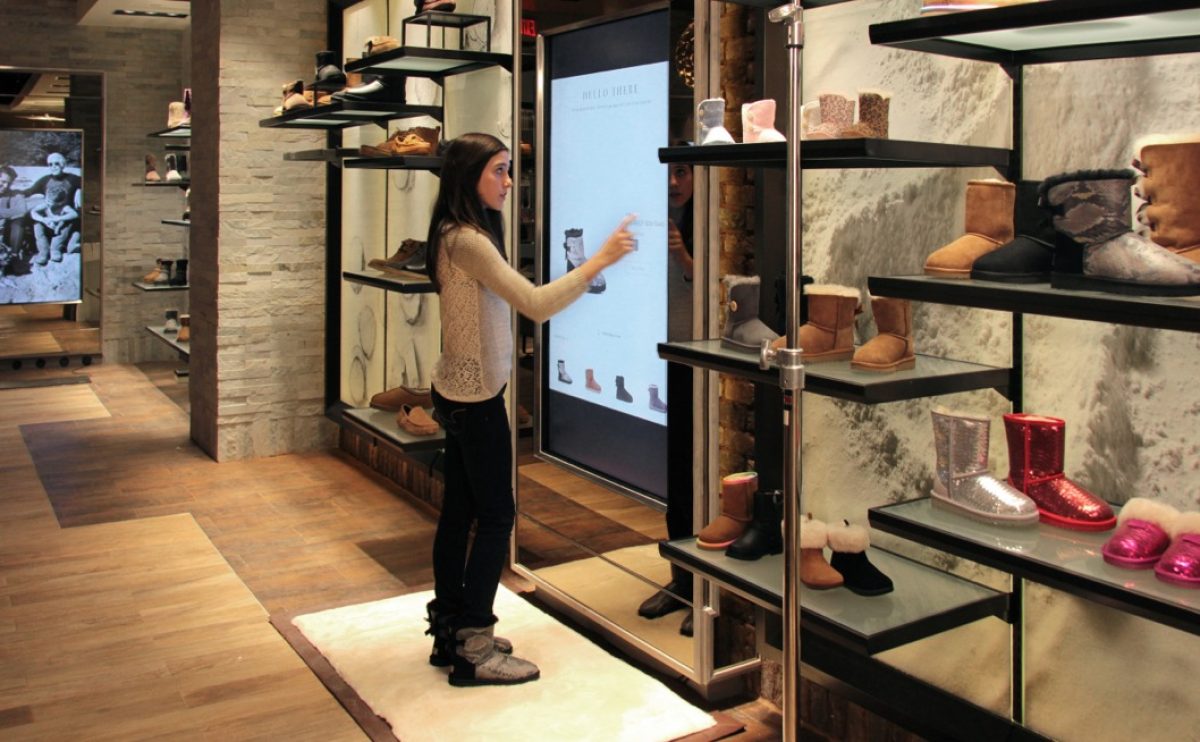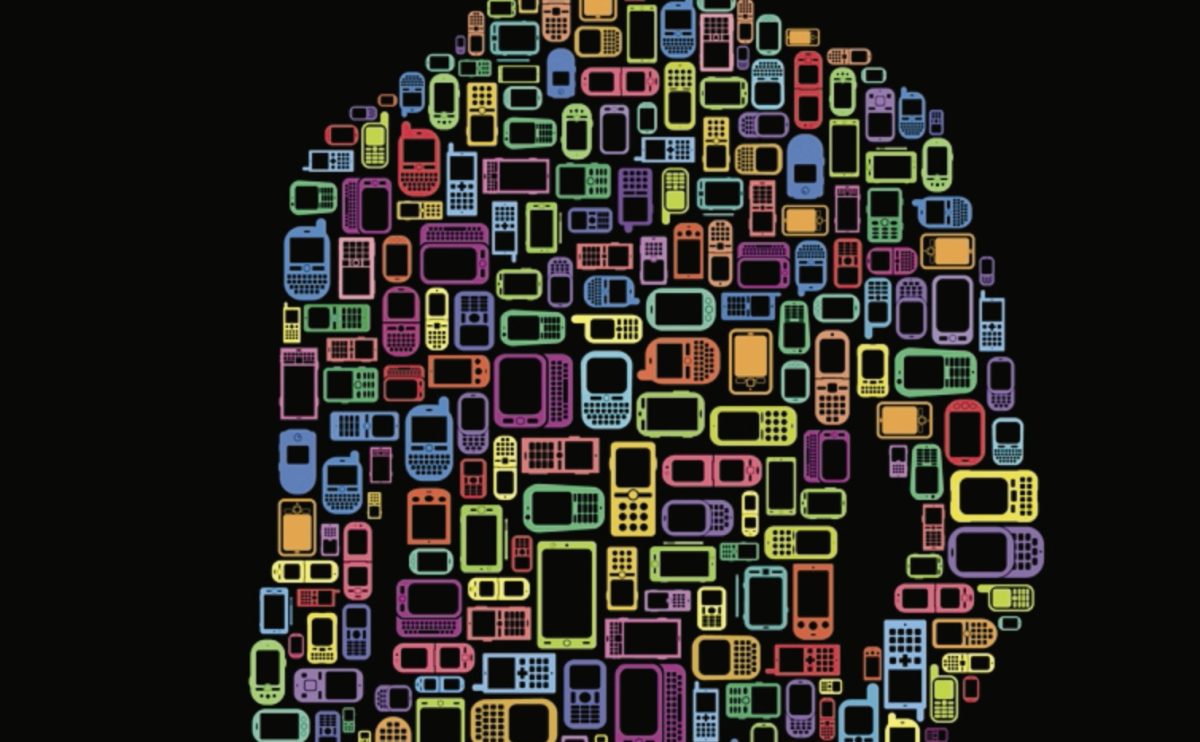As a design company, we like to stay informed. We have read about how brands should be targeting ‘Gen Ys’ as a whole group even though it covers people born between the 1980s and 2000s. Gen Ys’ or ‘Millennials’ are the biggest generation in size. What we know of them is that they are misunderstood and they are driving an integrated seamless shopper experience. They shop and browse mostly via mobile, use smartphones primarily for accessing the internet, they are the early adopters of social media, they like loyalty schemes that work and are very careful how they spend money (due to witnessing the global recession).
We found an intriguing article recently about ‘Gen A’ in ES magazine – they are the older crowd in the millennial/ Gen Y sector. They are all about acceleration, achievement and attitude. They are terrifyingly smart, talented and enthusiastic. Apparently, in the workplace- they are less willing to put up with doing things the same old way if they are not getting anything out of it -which is exactly what brands are thinking right now.
Why would you run a competition, pop-up event, tweet, in-store promo, send DM etc without getting data from your customers in return? You wouldn’t. The trend is being called ‘Personal Information Economy’ – which is what we are in right now and we need to consider how we apply this thinking to retail strategy. We’ve called it a ‘Digital Halo’ before; it is about the data everyone puts out there. It is now creating its own economy! Listen up big brand- by using data properly you can even become smart, connected to your customer and even…. the President of America (ref. Obama!).
Brands (the ones not lagging behind) are recording this information to anticipate needs, desires and purchases for one simple reason: the bottom line. To use ‘big data’ to the only segment to Generation X, Y, Z etc is stopping yourself short. If you have the data, get the catalyst to translate down to the personal level. No-one wants to be treated like a stereotype. Consumers want a personal touch and to feel valued. We have all suffered the recession and the economy building itself up again – trust was lost in big corporations so the finer details and touches that say ‘we care about you’ make a huge difference.
Brands who have personalised details and seem use big data for retail strategy include Sainsbury’s- they know what you buy through use of the nectar card, so discounts are offered on items you would normally buy. Phone companies and banks are allowing more tailoring of their services and Facebook is using your browsing data to allow companies to target more closely on their ads.



